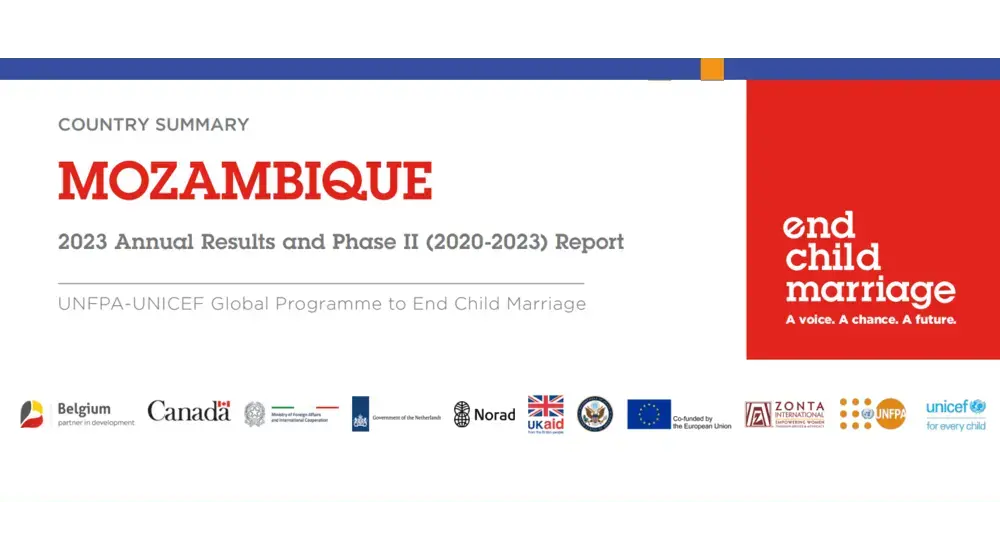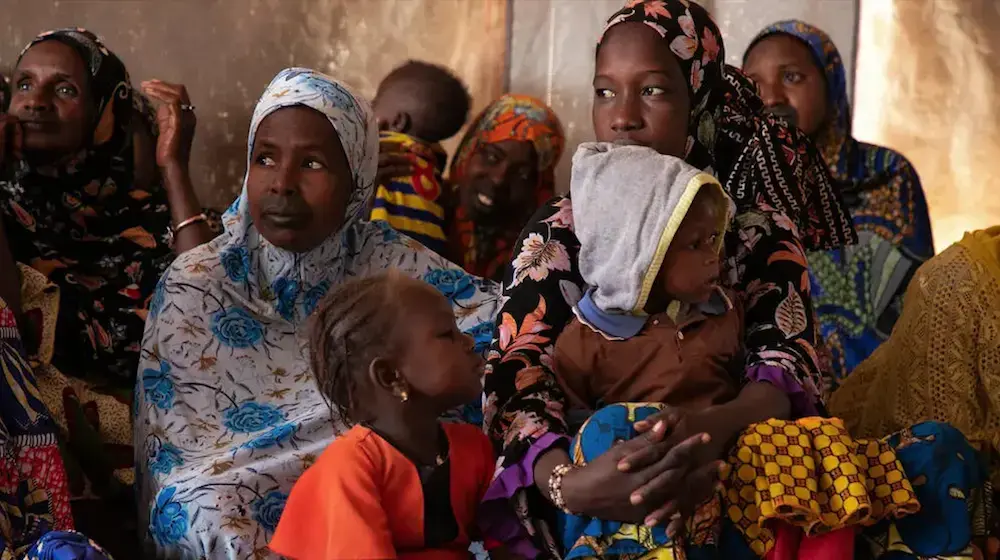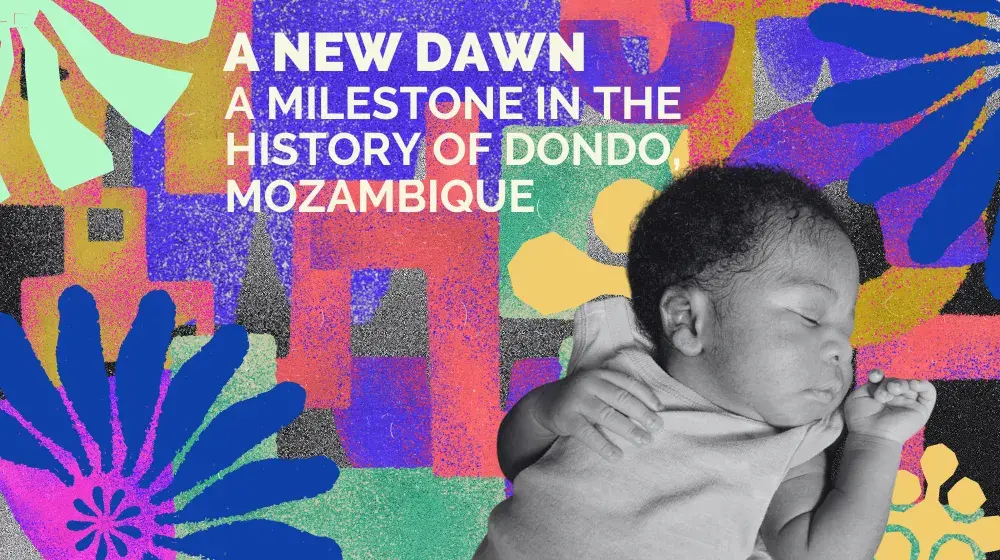Today, the United Nations Population Fund (UNFPA) and the United Kingdom (UK) Department for International Development (DFID) signed an 18-month agreement for £2.86 million to support the United Nations (UN) Joint Agency Programme “Rapariga Biz” from August 2018 to December 2019. This contribution complements the USD 14 million provided by the Swedish government for Rapariga Biz from 2016-2020 and will be used to generate new learning and evidence on adolescent sexual and reproductive health and rights (A-SRHR) and strengthen the programme’s impact which aims to reach 1 million vulnerable young women and girls in Zambezia and Nampula provinces by 2020.
The first joint UN programme for adolescent girls in Mozambique, Rapariga Biz, led by UNFPA, and implemented with the United Nations Children's Fund (UNICEF), UN Women and The United Nations Educational, Scientific and Cultural Organization (UNESCO), was launched in August 2016, to empower adolescent girls with improved sexual and reproductive health, leadership, citizenship and human rights with the goal to prevent child marriage and teenage pregnancy.
Ms. Andrea Wojnar, UNFPA Mozambique Resident Representative says, “I greatly appreciate the UK for making this generous contribution that will allow us to strengthen our programme and reach more vulnerable girls.” To date, 4,599 mentors have been trained allowing them to offer over 130,000 girls a safe space within their community. After two years of implementation, Rapariga Biz districts are recording lower levels of child marriage, teenage pregnancy, and greater uptake of modern family planning methods than the provincial average for Nampula and Zambezia, demonstrating the power of peer-to-peer mentorship.
Ms. Cate Turton, Head of DFID Mozambique, states that, “the programme will contribute to realising demographic dividend in Mozambique and priority for the UK. Joint efforts are needed to empower Mozambican young women and girls to actively exercise their rights and to engage in the social and political development of the country.”




